A good book can transport you to another time and place—and there’s no better book to do that than these 10 works of stunning top historical fiction. From the trenches of World War II to San Francisco during the Gold Rush, and from Rome’s conquest of ancient Britannia to the Magdalene Laundries of Ireland, these gripping stories will show you what life was like for people who lived decades or even centuries ago, while keeping you turning the pages long into the night!
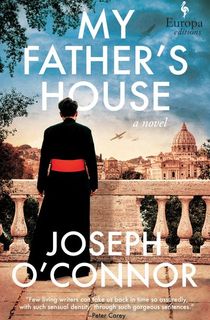
My Father's House
Named a Washington Post Best Book of the year and shortlisted for the prestigious Walter Scott Prize, this “potent blend of excitement, suspense, and intrigue” (Washington Post) is the first book in Joseph O’Connor’s acclaimed “Rome Escape Line Trilogy.”
Inspired by the true story of Monsignor Hugh O’Flaherty, who helped to smuggle thousands of refugees out of occupied Rome during World War II, this “superb” (Booklist) historical thriller is “top-drawer WWII fiction” (Publishers Weekly) and “a deeply emotional read” (Kirkus Reviews).
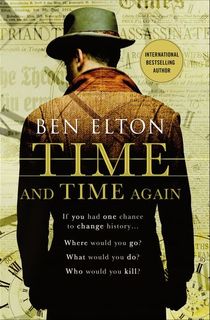
Time and Time Again
“Thought provoking and captivating” (Booklist), Ben Elton’s Time and Time Again is “a clever time-slip novel with such a page-turning tangle of intrigue that you’ll never be able to second-guess where the story is heading” (Woman Magazine).
Hugh Stanton is a former soldier and celebrated adventurer, but now he’s exploring a new frontier—one that has already happened. Transported back to 1914, Stanton is tasked with trying to prevent a war that, for him, has already taken place. But how can he accomplish that, and will his actions have unintended consequences that even he can’t imagine?
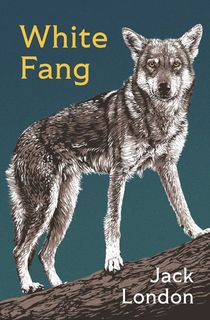
White Fang
Among these modern classics of historical fiction, it only seems fitting to include at least one classic that is, itself, historic, and few others fit the bill quite like Jack London’s legendary novel of wilderness survival, White Fang.
Telling the story of the eponymous wolf dog, White Fang is also the story of the frozen frontier of the Yukon, of Gold Rush-era San Francisco, and of loyalty and friendship forged under the harshest of conditions, making it one of the most beloved books of the 20th century, ever since its original publication in 1906.
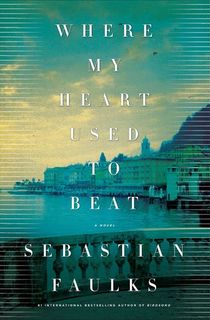
Where My Heart Used to Beat
From the celebrated author of The Seventh Son comes “a novel that artfully mixes memory and desire” (Kirkus Reviews). In 1980s London, Robert Hendricks is an established psychiatrist, but he suffers from his own bottled up memories of World War II.
When he receives a mysterious letter from a Dr. Alexander Pereira, it will start him down the path to reconciling his own history in this “terrific novel, humming with ideas, knowing asides, shafts of sunlight, shouts of laughter, and moments of almost unbearable tragedy” (The Telegraph).
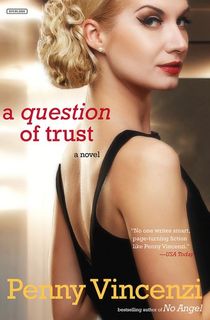
A Question of Trust
Hailed as “the doyenne of the modern blockbuster” by Glamour, Penny Vincenzi has made a name for herself with “smart, page turning commercial women’s fiction” (USA Today) that “will draw you in against your better judgment and keep you awake reading all night” (Boston Globe).
“With a rich cast of characters buffeted by love, betrayal and loyalty, glamour and conflict,” this new book set in 1950s London, in which a reform-minded politician falls into an ill-advised romance with a fashion model, is “Vincenzi at her best” (Woman & Home).
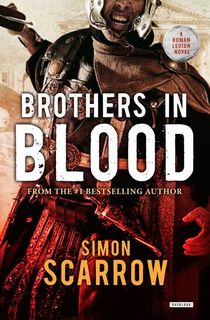
Brothers in Blood
Bestselling author Simon Scarrow returns with another adventure starring his two Roman soldier heroes Cato and Macro, stars of the bestselling Eagles of the Empire series. This time, they are at the front lines of Rome’s conquest of Britannia, but they have been betrayed.
A plot against them is exposed, one that may prevent their defeat of Caratacus, one of the last commanders of Britannia’s native tribes, and threaten their very lives in the process. Read it to see why The Times raved that “a new book in Simon Scarrow’s series about the Roman army is always a joy.”
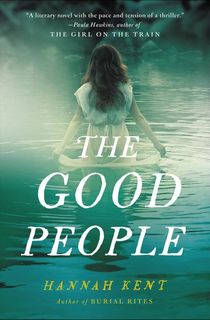
The Good People
“An imaginative tour-de-force that recreates a way of perceiving the world with extraordinary vividness” (Daily Mail), Hannah Kent’s story of three women trying to protect a child from a superstitious community “makes the terrors of the past feel palpable and imminent” (Wall Street Journal).
Set in rural Ireland in the early 19th century, “The Good People is a dramatic tale of desperation, set in a bleak time and place when no amount of protective ritual and belief—or goodness—can rescue people from their circumstances” (New York Times Book Review).
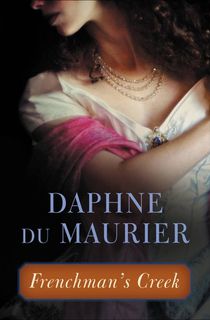
Frenchman's Creek
From the legendary author of Rebecca, Jamaica Inn, My Cousin Rachel, and “The Birds” (to name just a few), Daphne du Maurier’s thrilling novel of love, scandal, and intrigue offers “highly personalized adventure, ultra-romantic mood, and skillful storytelling” (New York Times) that “will capture your imagination with more stealth, speed, and skill than any of her pirates ever could” (The Literate Housewife).
It is a story of London in the 1600s, a French pirate in Cornwall, and a love affair that will have fateful—possibly fatal—consequences for all involved.
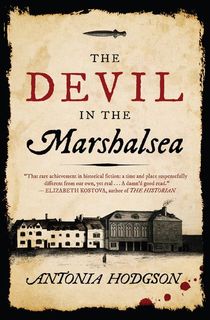
The Devil in the Marshalsea
In this “impressive first novel,” debut author Antonia Hodgson “conjures up scenes of Dickensian squalor and marries them to a crackerjack plot” (Publishers Weekly). Tom Hawkins is a man who likes wine, women, and cards, but his predilections leave him behind bars in London’s infamous debtors’ prison, the Marshalsea Gaol.
Unfortunately for him, there’s been a recent murder in the prison, and Tom shares a cell with the most likely suspect. Now, he’ll have to solve the mystery or else become the next victim in this “impeccably researching and astonishingly atmospheric” (The Guardian) historical thriller.
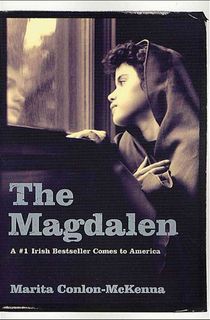
The Magdalen
“This book pulls no punches” writes Image of this “powerful and moving” novel (Publishers Weekly) exposing the grim and tragic history of Ireland’s notorious Magdalene Laundries. Esther Doyle is one of the “penitents” confined to these homes. Pregnant out of wedlock after a brief affair, she has nowhere else to go, and knows that, when she gives birth, her baby will be taken from her and put up for adoption.
Yet, despite the cruelty of the nuns who oversee the laundry, where she and other “Maggies” work every day except Sunday, she finds strength and solidarity with the other women who share her harsh new home.
